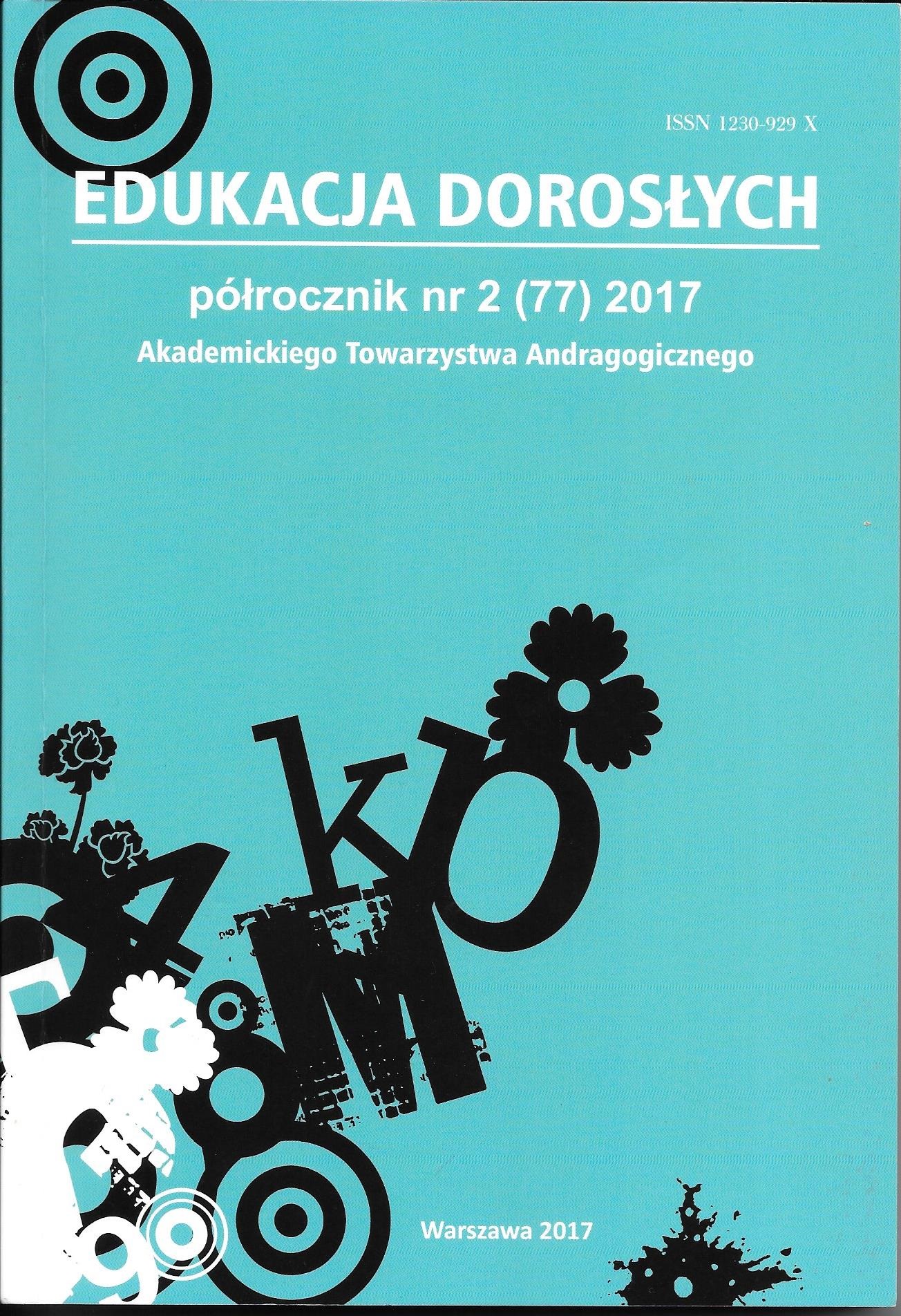Kapp i Herbart. Dwie koncepcje wychowania i ich recepcja w literaturze andragogicznej.
Kapp and Herbart Two concepts of education and their reception in the literature on andragogy.
Author(s): Milan BenešSubject(s): Adult Education
Published by: Akademickie Towarzystwo Andragogiczne
Keywords: andragogy; pedagogy; state pedagogy; pedagogization; adult education; autonomy of personality; enlightenment
Summary/Abstract: Demonstrably, Alexander Kapp was the first to use the concept of andragogy in 1833. However, there is a prevailing belief that his efforts were thwarted by influential Herbart, who refused to treat adults as subjects of education. At a closer look, a number of statements of the andragogical discussion appear to be a distortion of both the Kapp’s and Herbart’s opinions. Therefore, it is necessary to present the ideas of these two authors less superficially, taking into account the understanding of education of that time, as well as the historical and social context, in which it was developed. The paper will show that rather than andragogy or learning and adult education, Kapp advocates “state pedagogy” and an education designed to create obedient citizens. On the contrary, Herbart believes in an autonomous personality who, in the moral area, should shape himself or herself.
Journal: Edukacja Dorosłych
- Issue Year: 77/2017
- Issue No: 2
- Page Range: 265-274
- Page Count: 10
- Language: Czech

